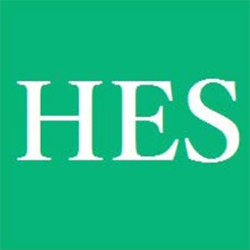This monothematic volume of Pedagogika focuses primarily on the following areas:
In what way was the “normative canon” of the ideas and personalities of History of Education constructed since this discipline had been established until the “disintegration” of this concept in the 20th century in particular European countries? What was the structure of the specialised discourse which shifted the aims, structure and general concept of History of Education towards social- and cultural-science profile? When did the “disintegration” process take place in various countries in the intellectual environment of the second half of the 20th century and what did the process look like? What were the arguments serving as its basis and what research was it based on? What topics and research areas are opened up in the cultural- and social-science foundation of History of Education? What research methods are used, combined and preferred and what impacts can be detected in terms of establishing fundamental categories in the discipline of Educational Science? History of Education used to be a discipline exploited heavily as an instrument to the goals of science practised in totalitarian regimes in the 20th We shall ask what the aims this instrumentalisation served were, what its normative concept was based on, and what its impact on historical and educational research was.
History of Education constituted “undisputable” part of teacher education and subject-matter didactics for pedagogues for a very long period of time.
Guarantors of the Volume: Andreas Hoffmann, Tomáš Kasper, Karel Rýdl
By 31st January 2017: Submit annotations of maximum 2 pages (3,600 characters) labelled “Monočíslo AJ HISTORY OF EDUCATION” to the email address [email protected]. The annotation is to include the following: the author(s) and title of the submission, type of paper – theoretical, historical, review, methodological or research paper – together with the presumed size, aims and content of the submission.
By 28th February 2017: Annotations (in English or German language) will be reviewed and the authors will be notified about further proceedings.
By 30th April 2017: Papers based on the accepted annotations will be submitted. Subsequently, papers will be submitted for standard peer review after which authors will be notified and prospective adjustments to the texts will be required by 30th June 2017.
